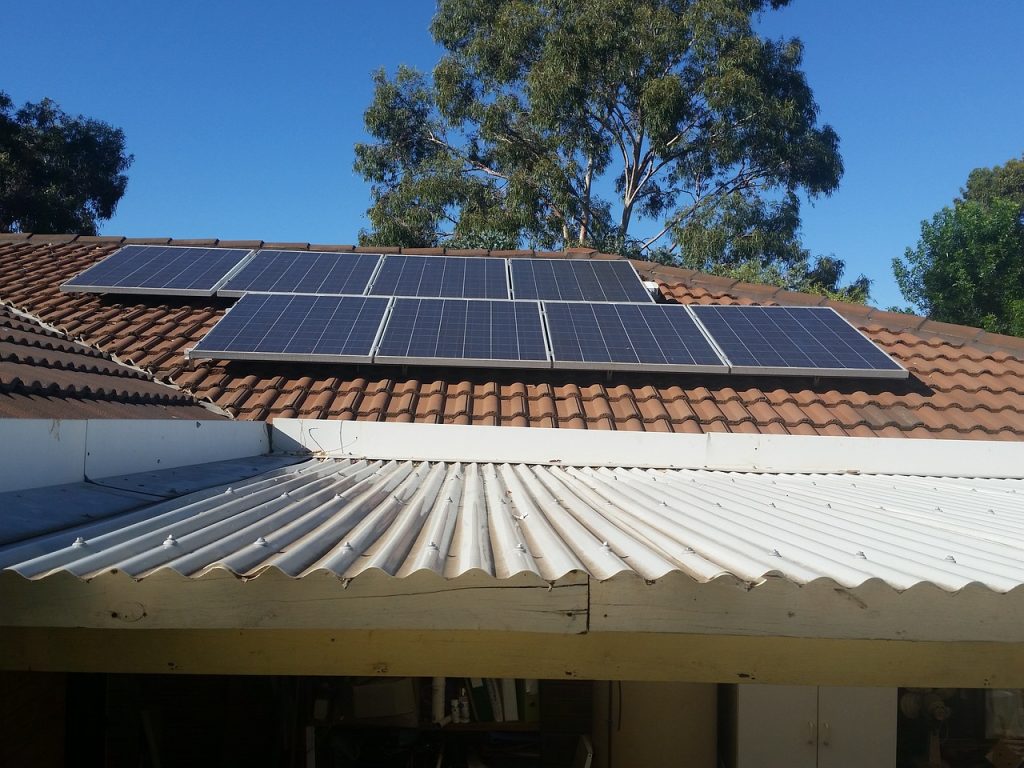
Reducing energy use at home can save you money and help the environment. You don’t need to make significant changes to start seeing benefits. Simple adjustments can make a big difference. From switching to energy-efficient appliances to sealing up your home, there are plenty of ways to make your home more energy-efficient.
Adopting these simple strategies can significantly impact your energy use. This will reduce your bills and contribute to a greener planet.
Upgrading to Energy-Efficient Appliances
Upgrading to energy-efficient appliances is one of the simplest ways to reduce electricity use at home. Many older appliances consume more energy than necessary, costing you more power bills. Energy-efficient models, often marked with an Energy Star rating, use less electricity while offering the same or even better performance.
For example, replacing an old refrigerator or washing machine with a new, energy-efficient model can make a considerable difference. Energy-efficient fridges use modern cooling technologies to keep food fresh with less power. Similarly, energy-efficient washing machines clean clothes effectively using less water and electricity.
Don’t forget about smaller appliances, either. Energy-efficient light bulbs, like LEDs, use a fraction of standard bulbs’ electricity and last much longer. You can see a significant drop in energy consumption and lower utility bills by gradually replacing outdated appliances with energy-efficient ones.
Optimising Home Insulation
Optimising your home’s insulation is crucial for reducing energy usage. Proper insulation helps maintain a stable temperature inside your home, making it easier to keep warm in winter and cool in summer. This means your heating and cooling systems don’t have to work as hard, saving energy and money.
Start by checking the insulation in your roof and walls. A well-insulated roof can prevent much heat from escaping, while properly insulated walls keep your home’s interior comfortable. Insulation materials, like fibreglass and foam, are effective at trapping heat and can be installed relatively easily.
Remember to seal windows and doors, too. Double-glazed windows are excellent at reducing heat loss. Additionally, draft excluders or weather stripping around doors and windows can block cold air from entering and warm air from escaping. Ensuring your home is well-insulated keeps it comfortable year-round and reduces your reliance on heating and cooling systems, leading to substantial energy savings.
Using Smart Home Technology
Smart home technology offers an easy way to manage your energy use. Devices like smart thermostats, lighting systems, and power strips give you more control over how and when you use electricity. These tools help you monitor and adjust your energy consumption, making it easier to save power.
A smart thermostat, for example, learns your daily routine and adjusts the temperature automatically. This ensures your home is always comfortable without wasting energy. You can also control it remotely using your smartphone to turn off the heating or cooling when you’re not home.
Intelligent lighting systems can also help. They allow you to set schedules for when lights turn on and off. You can also use motion sensors to ensure lights are only on when needed. Smart power strips automatically cut off power to devices not in use, preventing energy wastage from “vampire” devices that draw power even when turned off.
Simple Daily Habits to Save Energy
Incorporating simple habits into your daily routine can significantly affect your energy consumption. These changes don’t cost much and can lead to significant savings over time.
First, turn off lights and unplug devices when not in use. This prevents unnecessary energy use from devices that draw power even in standby mode. Also, consider using ceiling fans instead of air conditioners when possible. Fans use less electricity and can help circulate air to keep your home comfortable.
Secondly, natural light should be used as much as possible. Open curtains and blinds during the day to let in sunlight, which can reduce your need for electric lighting. Lastly, wash clothes in cold water and line-dry them instead of using a dryer. These small steps can significantly reduce your energy use without much effort.
Conclusion
Making your home more energy-efficient doesn’t have to be complicated. Simple changes, like upgrading to energy-efficient appliances, improving insulation, using smart home technology, and adopting energy-saving habits can all help reduce your energy consumption. These changes benefit both your wallet and the environment.
Lowering your energy use can lead to significant savings on your electricity bills. It also helps reduce the strain on our natural resources and lowers greenhouse gas emissions. Taking these steps also contributes to a more sustainable and eco-friendly lifestyle.
At Inspire Energy, we understand the importance of making smart energy choices. If you’re ready to take the next step in making your home more energy-efficient, consider switching to residential solar power. Contact Inspire Energy today to learn how we can help you harness the sun’s power and save even more on your energy bills.
